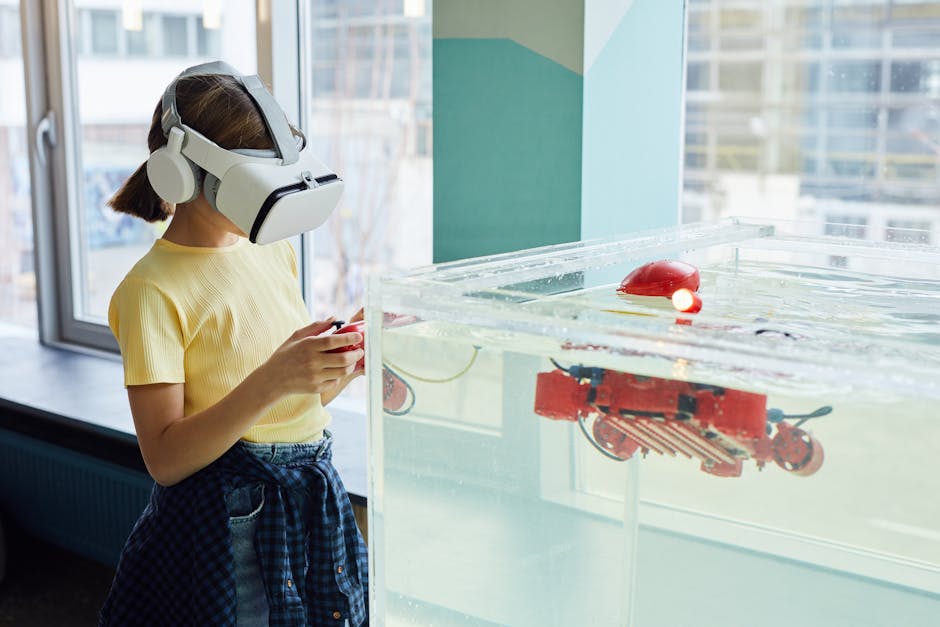The current landscape of music production and consumption presents opportunities for AI to make significant contributions. Existing automated tools, often used for tasks like basic melody generation or rhythm accompaniment, already demonstrate AI’s capability. But a more profound transformation lies ahead, one that moves beyond superficial assistance.
One compelling area of potential is the creation of truly original compositions. AI algorithms can be trained on vast datasets of existing music, learning stylistic nuances, harmonic progressions, and rhythmic patterns. This learning process allows the algorithms to generate new pieces that exhibit characteristics of specific genres or composers. Imagine AI-composed scores that seamlessly blend the elements of classical music with contemporary electronic beats. This doesn’t necessarily mean replacing human composers entirely. Instead, AI could act as a collaborative partner, offering a vast palette of ideas, patterns, and variations for human artists to refine and shape into something unique and expressive.
Furthermore, AI could play a pivotal role in personalizing the listening experience. Imagine an AI system that learns your musical preferences and constructs a bespoke playlist based on mood, time of day, or even specific physical sensations. This personalized approach, tailored to individual tastes, could revitalize the way we consume music. It might curate playlists that move beyond the traditional genre categorizations, instead focusing on emotional resonance or thematic coherence. Furthermore, AI can help identify and recommend music that a user might otherwise have missed.
Beyond music, the realm of interactive storytelling also shows great potential. AI-powered narrative generators could weave intricate tales, creating interactive experiences where audience choices significantly impact the plot. This allows for a degree of personalization far beyond traditional narrative forms, where the audience is not just a passive observer but a dynamic participant in the unfolding story.
The development of virtual characters and avatars powered by AI could be revolutionary for gaming and virtual entertainment. Imagine highly realistic avatars that react authentically to user input and environmental cues. These avatars could form the basis of compelling video games, immersive virtual reality experiences, and even personalized virtual companions. This is not simply replicating human behaviour but creating characters with unique personalities and engaging narratives.
Music production itself could also benefit from AI. Imagine tools that effortlessly transcribe live performances, generating high-quality scores in real-time. AI-powered mixing and mastering tools could further refine the auditory experience, adapting sounds to different playback systems and environments with astonishing precision. Such tools could significantly reduce the time and effort required for post-production tasks, freeing up artists to focus on creative concepts and performance.
Several challenges lie ahead in fully realizing AI’s potential in entertainment. One significant hurdle concerns the ethical considerations surrounding copyright and intellectual property. How can we ensure that AI-generated content doesn’t infringe on existing works? Establishing clear legal frameworks and guidelines is crucial to fostering innovation while protecting artists’ rights. Another significant aspect is the need for creative direction and control. Ensuring that AI-generated content maintains artistic integrity, aesthetic value, and emotional depth is critical.
Addressing issues surrounding the potential displacement of human artists is also vital. AI should not be viewed as a replacement but as a powerful tool for collaboration and creative enhancement. Emphasizing the role AI plays in augmenting human creativity, rather than displacing it, will be crucial for maintaining a healthy industry. It is also necessary to consider the potential for AI to create new job roles and skill sets within the entertainment sector.
The future of music and entertainment holds immense promise with AI. Its ability to personalize experiences, create original content, and enhance the creative process is undeniable. While challenges remain, the potential benefits are significant. The key lies in responsible development and implementation, fostering collaboration between humans and AI, ensuring ethical practices, and shaping a future where AI enhances, rather than diminishes, the human experience in music and entertainment. The resulting innovation promises to reshape how we listen, interact, and experience the world of sound and storytelling. The stage is set for a truly transformative era.
